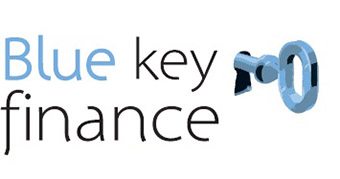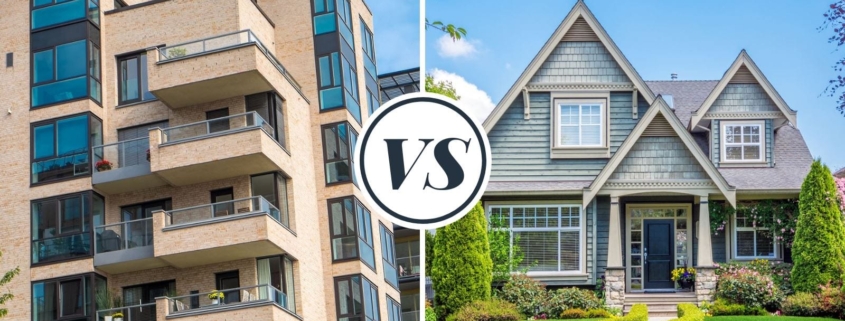House vs apartment: Which is better for first-home buyers?
Should I buy a house or an apartment? This is a question that virtually all home buyers and investors face at some stage.
The big plus of an apartment is that it usually comes with a far lower price tag, meaning it’s less likely you’ll be saddled with an astronomical mortgage.
Do houses always have better price growth?
During the pandemic more people opted for larger living spaces and home offices over closeness to the CBD.
This shift, coupled with historically low interest rates, has allowed people to take on larger mortgages, further driving up house prices.
But this year things have changed, and apartment prices are growing faster than house prices in every capital city except Canberra and Darwin. The disparity in the pricing between housing types presents an opportunity.
There may be opportunities emerging in some low-priced apartment markets. For example, low-priced unit markets in Punchbowl and Lakemba in Sydney, and Parkville in Melbourne, have seen relatively high rates of price growth in the past year and still have a median unit value below $600,000. This suggests that buyers may eventually be swayed to consider purchasing in medium- to high-density unit markets… but only if the price is right.
Are poor-quality apartments turning off buyers?
Another big turn-off for would-be apartment buyers is the high number of high-profile, high-rise buildings (think Mascot Towers and Opal Tower) with major construction quality issues.
This has sparked a crisis of confidence in the apartment market. On top of this, recent bad publicity about the strata management industry receiving commissions, kickbacks and other benefits has made buyers even more wary.
Australia’s apartment market outlook is poor, with many cheaply constructed apartment blocks being sold sight unseen to overseas buyers as well as local investors who bought off the plan.
Inner-city CBD apartments are the ones that are particularly suffering from high vacancies and falling values, while family-friendly larger apartments or low-rise apartments in aspirational and lifestyle suburbs are still in strong demand from owner-occupiers and tenants.
In today’s high mortgage interest rate environment, some would rather own an apartment in a blue-chip suburb than a house in an outer-ring location. Apartments deliver better yields than houses, meaning they are cheaper for investors to hold onto.
Houses cost more, but they usually offer more space and higher capital growth, which has surged by 44.2% over the past four years compared with pre-pandemic levels. Units have seen a more modest increase of 21.7% over the same time.
Each house or apartment has its pluses and minuses. Whatever you buy, your best protection is to do all the checks.
With apartments, make sure you (or the expert you engage) go through all the strata title records for several years to pick up problems. Don’t expect either the selling agent or the vendor to tell you about any downsides – remember it’s ‘buyer beware’.
Pros and cons of apartments
Aside from price, there are other pluses in owning an apartment.
The upsides include:
• Lower bills. Less space means less electricity and gas usage.
• Less maintenance. Apartments have little or no garden to take care of, and any common areas are maintained by strata management.
• More security. Being built in blocks, apartments offer the security of neighbours. Often, apartment blocks also have an added level of security with a front building door ahead of your front door.
• Good locations. By their very nature, apartments are generally in good central locations where land is expensive and living is in demand – think city centres, areas close to amenities or the beach.
• Higher rental yields. The lower cost of an apartment versus current high rents means apartments can earn a higher yield than some houses.
The downsides include:
• Owners must abide by strata or body corporate rules. This could be as strict as imposing rules about pets and limiting or prohibiting renovations.
• The building is costly to run and maintain. The number of fees (strata fees and special levies to pay for major improvements) are higher, which can be overwhelming for some investors.
• Smaller. Lower bills are a bonus but smaller also means less space.
• Lack of privacy. Shared common areas and front doors might be a great security feature, but they also mean you sacrifice some privacy.




Leave a Reply
Want to join the discussion?Feel free to contribute!